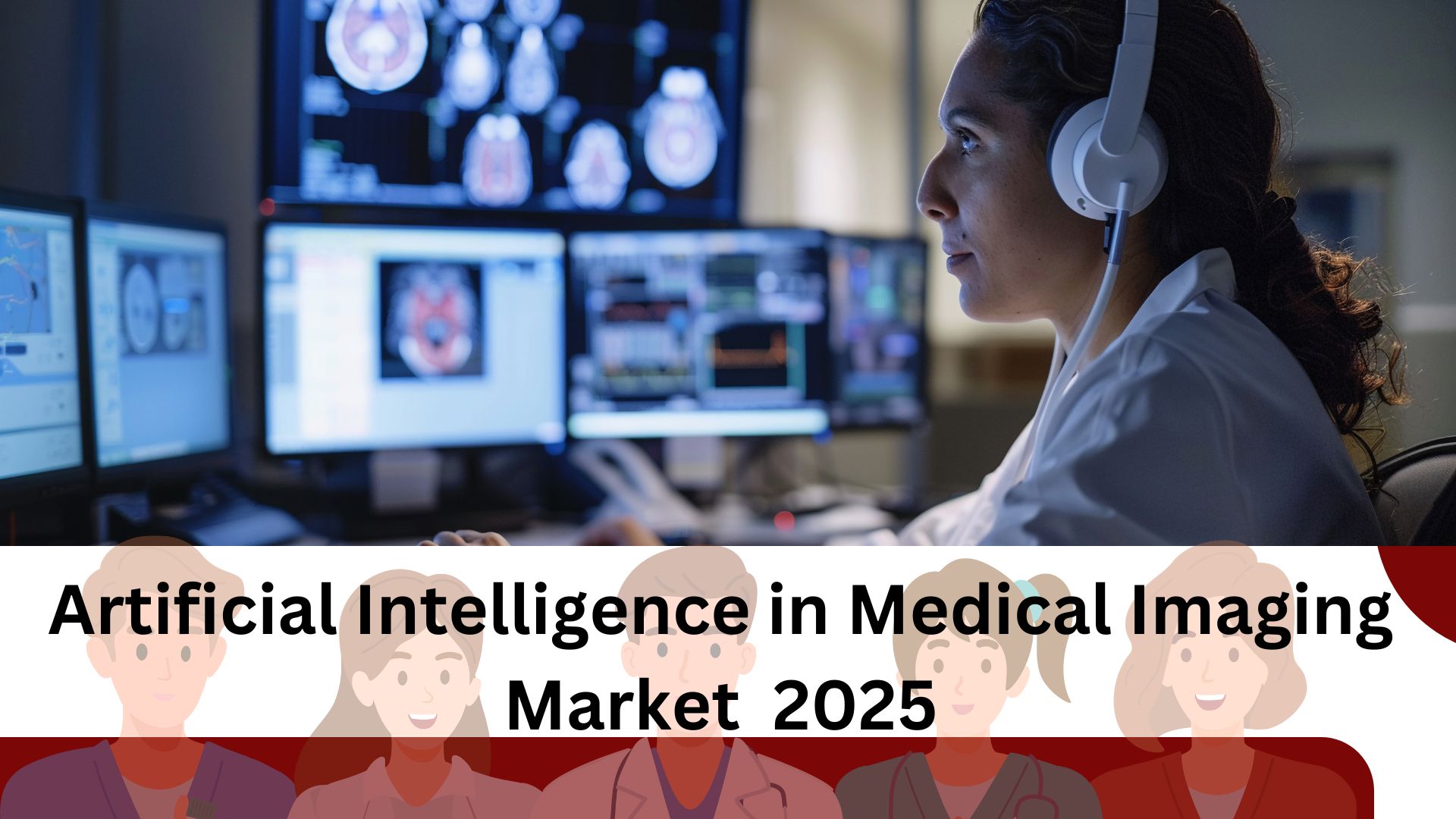Artificial Intelligence in Medical Imaging Market to Reach USD 6.54 Billion by 2031, Growing at 24.5% CAGR

The Artificial Intelligence in Medical Imaging Market was valued at USD 2.05 billion in 2025 and is expected to reach USD 6.54 billion by 2031, growing at a CAGR of 24.5% during the forecast period (2025-2031).
Healthcare is changing at an unprecedented rate, and Artificial Intelligence (AI) for Medical Imaging is paving the way for this revolution. It is a cutting-edge technology that helps not only to improve diagnostic results but also optimizes processes to enable physicians to deliver the best possible care. Through 2025 and beyond, the Artificial Intelligence in Medical Imaging Market is forecast to grow rapidly. In tandem with evolving imaging techniques, modes and deployment approaches, AI is changing the way radiologists work with images. With promises of faster diagnoses and better patient outcomes, this market is worth watching. Be it a healthcare provider or an investor, knowing the key drivers for this growth can offer you valuable insight on what is to come. Join us as we take a deeper dive into the dynamics driving this cutting-edge industry!
Market Growth Drivers
A number of factors are driving the Medical Imaging Artificial Intelligence Market growth. But first and foremost, the ever-rising need for proper diagnostics is one major motivation. Healthcare providers are relying on AI to minimize human error and enhance image interpretation. It’s also tied in with a growing number of chronic illnesses around the world. When conditions such as cancer and cardiovascular disease emerge, sophisticated imaging methods become crucial to early diagnosis.
But then there’s the technology that’s made AI tools easier to get hold of. Machine learning algorithms are now capable of processing enormous data volumes at high speed and providing timely decision-making insights. Another critical consideration is regulatory support. Global governments are realizing the potential of AI in medicine and integrating it into systems. Increasing public and private investments, as well as confidence in the future of this market. These factors, combined, contribute to a bright future for AI-enabled medical imaging systems.
Market Segmentation
The Medical Imaging Artificial Intelligence Market has various sub-segments, each for different requirements. This is where imaging technologies come into play. AI will now enhance techniques such as MRI, CT, and ultrasound. Such innovations bring better diagnostics and greater timeliness.
Next comes imaging modalities. Each modality is different and offers different challenges and opportunities for AI integration. Radiology, for example, can now automate image processing using deep learning algorithms. Even the delivery model differs — whether it’s cloud or on-premise, the implications for data protection and availability vary. Hospitals, Clinics, and Research labs are its end-users. Each industry has unique needs that drive different AI applications. This split enables stakeholders to optimize strategies for this ever-changing market environment.
Key Players Market Analysis.
There are many significant players operating in the Artificial Intelligence in Medical Imaging Market. Leaders include Siemens Healthineers, GE Healthcare, and IBM Watson Health. Their breakthrough technologies propel improvements in imaging.
Siemens is aiming to bridge AI with diagnostic imaging systems to deliver better accuracy and efficiencies. They focus on collaborating with healthcare providers to provide personalized solutions. GE Healthcare takes research and development very seriously. They want to design algorithms that streamline radiologists’ work while ensuring patient safety. IBM Watson Health leverages its deep AI power to crunch big data sets and provide insights that help doctors make better decisions.
Emerging startups, too, come into the picture with unique products that address specific problems with medical imaging. This competitive environment creates innovation across the sector and better outcomes for patients worldwide.
Future Growth Predictions and Opportunities
The Artificial Intelligence Medical Imaging Market looks good. Artificial intelligence will soon transform diagnosis and therapy. New algorithms will improve image processing and achieve faster and more accurate results. Such efficacy can drastically reduce healthcare costs and improve patient care.
In addition, the increasing combination of AI with imaging technologies (MRI, CT, X-ray) offers growth opportunities. The more care providers invest in these technologies, the greater the demand for skilled workers. The growth of telemedicine also opens up possibilities for AI-based remote imaging services. Patients from all over the globe can have access to the same level of care without having to travel.
We can expect new tech companies and hospitals to collaborate. These partnerships can enable innovation and market expansion across borders. The landscape is changing fast, and there are lots of opportunities here.
Market Opportunities and Threats.
AI in medical imaging is an area that is confronted with several obstacles that hamper the market’s development. One of the biggest challenges is to integrate AI with current healthcare systems. Hospitals generally use legacy systems that are expensive and time-consuming to update. The security of data is also, a major threat. While patient data is tightly regulated, firms must comply while churning out algorithms. Violations might result in heavy fines and disloyalty. There are also very few trained specialists that have an understanding of AI and medical imaging. This disconnects hampers sector deployment and innovation.
Furthermore, ethical implications for AI decision-making raise issues about responsibility for diagnosis and treatment. Transparency will be crucial to making these systems acceptable to both clinicians and patients. Similarly, market shocks caused by economic volatility can also impact investments in emerging technologies, placing new obstacles on the way to progress.
Regional Analysis of the Market
The Medical Imaging Artificial Intelligence Market is a complex and multi-layered world. Different regions have different growth pathways depending on their need and technology. North America dominates the market driven by strong investments in healthcare technology and aggressive research. Its power is further amplified by the dominance of dominant players and a powerful regulatory environment. Hospitals and clinics in the U.S.
Europe is not far behind, with Germany and the UK investing hugely in digital health. AI integration into medical imaging is the solution that could help improve patient outcomes and lower operational costs for clinicians. The Asia Pacific is an attractive market as technology is advancing rapidly and healthcare costs continue to rise. Countries like China and India are experiencing radical digitization in the medical field, which has created an influx of AI-based applications for imaging.
Latin America, too, has good promise, but it’s going a little slower than the rest. As physicians become more conversant with new technologies, the opportunity to penetrate the market here is enhanced. Africa’s journey toward AI adoption remains fraught with challenges but also promises to blossom in the future. As the infrastructure develops, there is an increasing understanding of what AI can do locally to improve health issues through enhanced imaging. Each region plays a vital role in the overall course of the Artificial Intelligence in Medical Imaging Market – a burgeoning space that continues to propel innovation despite the many obstacles in the future.
Download free samples
Contact Us
- 76202 24201
- +1 212-203-7540
- sales@globaldatalooker.com

